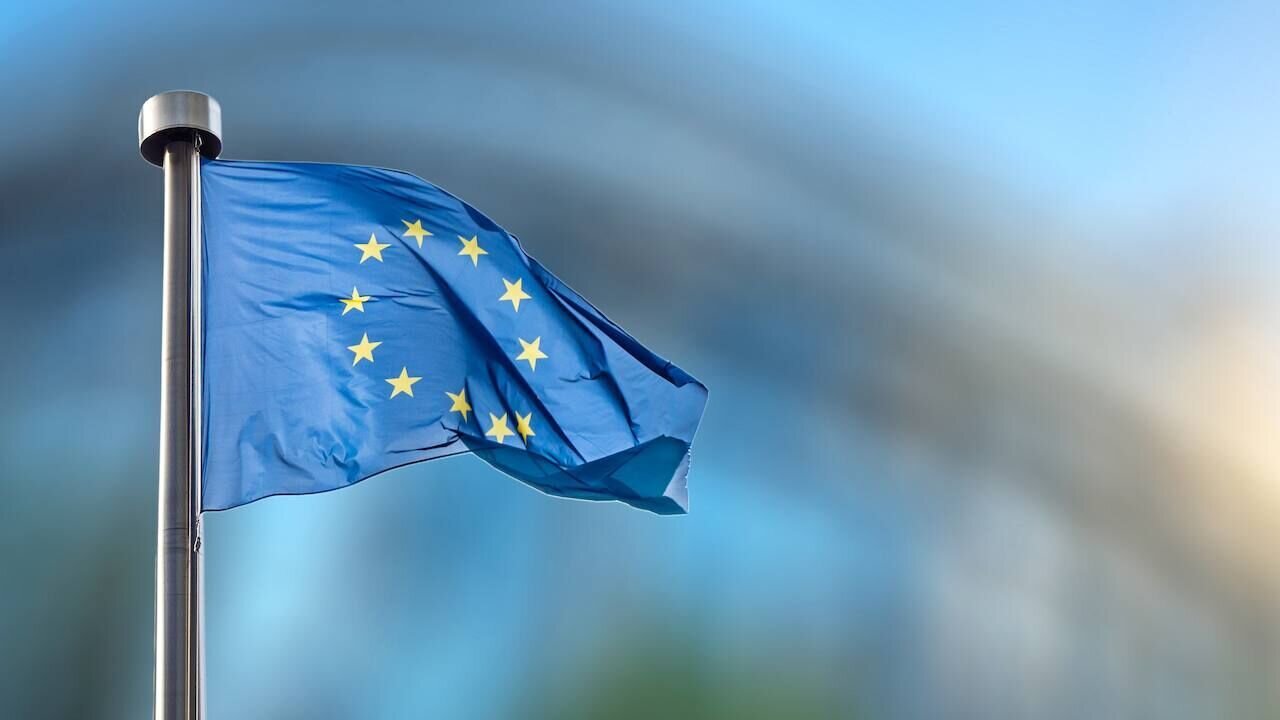EU extends anti-Iran sanctions for another year

TEHRAN – The European Union has prolonged its sanctions against Iran for another year, citing Iran's alleged military support for Russia in the Ukraine conflict and its backing of resistance groups in West Asia.
The sanctions have been extended until July 27, 2025, as announced by the Council of the European Union on Monday.
"The Council today extended until 27 July 2025 the restrictive measures in view of Iran’s military support for Russia’s war of aggression against Ukraine and for armed groups and entities in the Middle East and the Red Sea region. Existing restrictive measures will continue to be reviewed annually," the Council stated.
Currently, the sanctions affect 12 individuals and 9 entities, who are subject to asset freezes. Additionally, any provision of funds or economic resources to these targets, directly or indirectly, is prohibited. The individuals listed also face a travel ban to the EU.
Despite repeated denials by Iranian and Russian officials regarding military cooperation in Ukraine, the EU has upheld these sanctions, largely influenced by pressure from the Israeli regime and opponents of the Islamic Republic.
Iran insists that Resistance groups in the region operate independently, particularly those supporting Palestinians in Gaza. Following Operation True Promise in April, where Iran launched missile and drone attacks on Israeli military positions in retaliation for an attack on its embassy in Syria, the EU intensified sanctions. These measures targeted individuals and entities accused of transferring Iranian missiles and drones.
Iran’s Foreign Ministry Spokesman Nasser Kanaani had previously criticized the EU for its double standards. “Such stances and claims are in accordance with the well-established approach of these circles and are based on their double and contradictory standards and behaviors,” he had declared, vehemently rejecting the charges.
He had also argued that while the EU has remained inactive regarding the humanitarian crisis in Gaza, it has imposed sanctions on Iranian figures and organizations key to combating terrorism and ensuring regional security.
Kanaani had asserted that the EU leaders and G7 member states should have appreciated Iran for “its proportionate and legitimate action in punishing the aggressor and stop providing blind support for the Zionist regime that threatens regional and international peace and security.”
As the situation evolves, the EU's stance on Iran remains a point of contention, with significant geopolitical implications for the region.
Leave a Comment